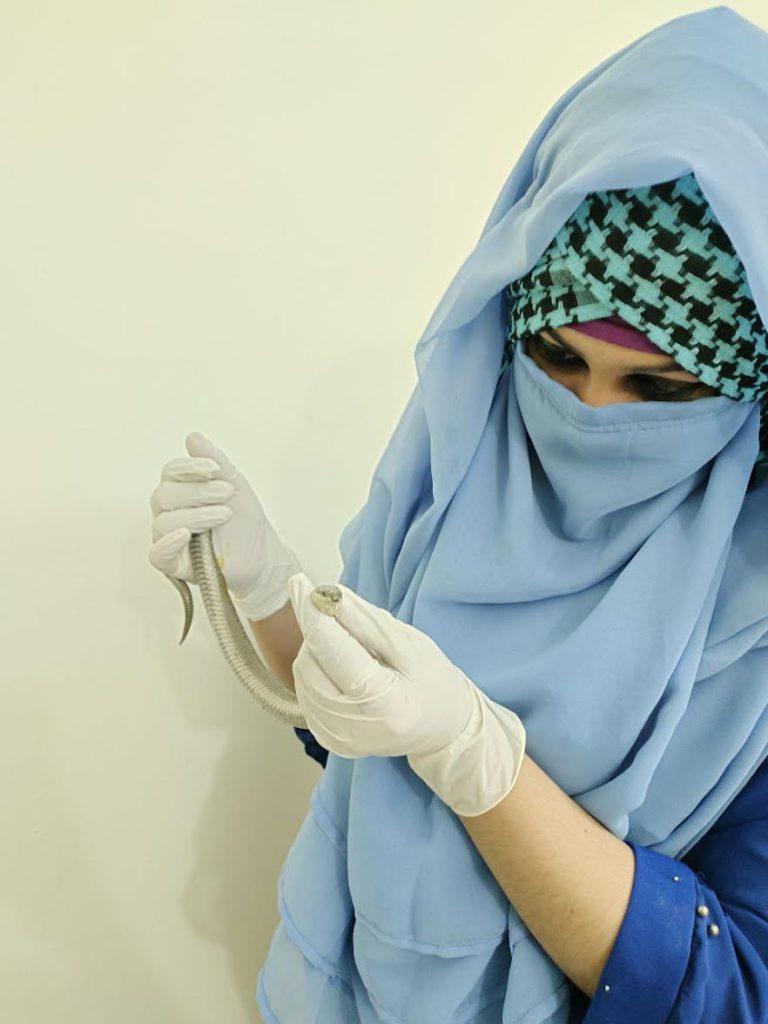Rezoana Arefne
Tell us a little about yourself:
I am Arefine. In between my studies in zoology, I am involved in extracurricular activities. I have focused on field studies since my undergraduate years. Observing nature and animals became my addiction, and photography was added to this passion. Although watching nature and observing animals is my primary passion, the idea of specializing in a particular subject did not occur to me initially.
During the coronavirus pandemic, I began working at the grassroots level with snakebite patients. Subsequently, I chose calligraphy as a means of quickly raising awareness among people. Although I did not prioritize online platforms initially, I later established my organization called the Kundali Foundation. Under this banner, I initiated the Be Aware Of Snake campaign to spread awareness. I have been able to deliver my message to 495 upazilas of Bangladesh. However, the battle continues as the fear of snakes still persists among people.
What is your fondest wildlife rehabilitation memory?
I have many memories involving snakes, one of which is the rescue of a bronzeback tree snake in 2022. The snake was injured, and during its treatment, I developed a strong bond with it. Whenever I called out, ‘Where is my son?’ it would respond. Although it was released after recovering, I still haven’t forgotten it!
What challenges have you faced in your wildlife rehabilitation work?
As a woman, I faced significant challenges in working with snakes, as it was not socially acceptable for women to work independently in this field. Consequently, I experienced extreme sexual harassment, including receiving obscene messages through social media. Eventually, this led me to stop using Facebook. I believe that gender discrimination should not exist in educational institutions or the wildlife sector.
Has the IWRC aided in your journey as a wildlife rehabilitation? If so, can you explain how or give an example?
The IWRC has been a great help to me. Everyone is friendly and supportive. Through my involvement here, I’ve been able to enhance my networking, communication skills, and critical thinking. Moreover, the live sessions provide excellent guidance on problem-solving steps.
Tell us about your experience as a wildlife professional:
I have extensive experience as a wildlife professional and herpetologist. Whenever I conduct field studies or come into contact with animals, I learn new things and expand my knowledge about animals. When I decided to form a team and work on biodiversity survey and rehabilitation, many girls recoiled in fear. As a professional, it was my responsibility to encourage them. Currently, 20 female students are involved in field studies and rehabilitation-related work. This experience is significant for me as a professional.
What brought you into wildlife rehabilitation work?
I grew up near rivers and mountains, surrounded by a variety of wildlife including monitor lizards, large Indian civets, snakes, monkeys, squirrels, and more. These animals were raised in their natural environment, thanks to initiatives led by my grandmother. She inspired others to protect and save these animals. However, after her passing, their habitats began to deteriorate, leading to a decline in their populations. This experience motivated me to dedicate my efforts towards wildlife rehabilitation and restoration.
What wildlife species do you rehabilitate?
I primarily work with snakes but also handle other animals, including amphibians and reptiles. My work encompasses animal rescue, treatment, conservation, habitat restoration, and raising awareness.
What common misconception about wildlife rehabilitation would you like to dispel?
One of the main misconceptions I want to dispel about wildlife rehabilitation is the prejudice surrounding it. Reducing these prejudices would make the process of rehabilitation much easier. Superstition acts as an agent in the killing of more animals than those that die naturally. By eliminating these prejudices, accurate knowledge can significantly contribute to wildlife rehabilitation.
What local, national, or international policy would you like to see that would support wildlife rehabilitation?
To combat illicit wildlife trafficking, I support laws that prioritize habitat conservation, regulate wildlife trade, educate the public, and provide funding and resources to support the crucial efforts of animal rehabilitation facilities.
What do you hope for the future of wildlife rehabilitation?
I hope for increased awareness, support, habitat restoration, conflict reduction, and collaboration in wildlife rehabilitation efforts. These actions are essential for fostering healthier ecosystems and promoting greater compassion for all species that share our planet.
What message would you like to share with other IWRC members and wildlife rehabilitators across the world?
I would like to say to all IWRC members and wildlife rehabilitators across the world:
1. Passion is essential for successful wildlife rehabilitation.
2. Maintaining hygiene is mandatory.
3. It’s important to possess knowledge about the diseases that affect wild animals.
4. Commit to continuous learning, embrace nature, and foster a gender-neutral mindset.
5. Be aware of pathological liars in the wildlife sector.
Are you passionate about wildlife conservation and rehabilitation? Consider becoming a member of the International Wildlife Rehabilitation Council (IWRC):
https://theiwrc.org/product-category/membership/
As a member of the IWRC, you’ll have access to a wealth of resources and support!





Leave a Reply
You must be logged in to post a comment.